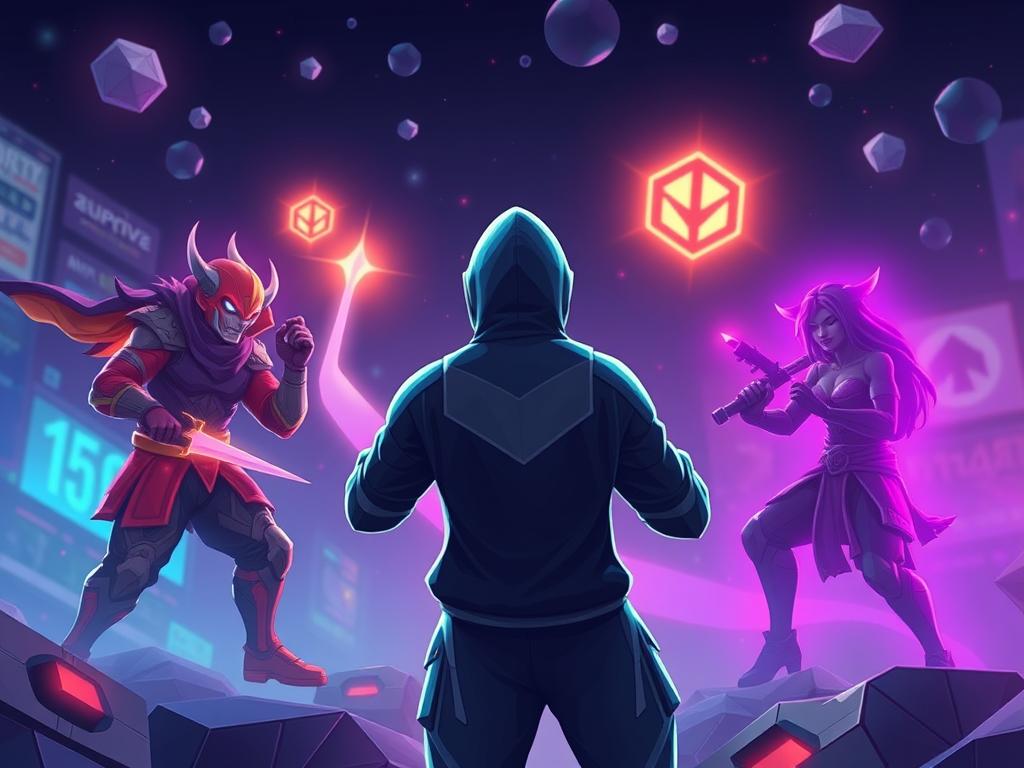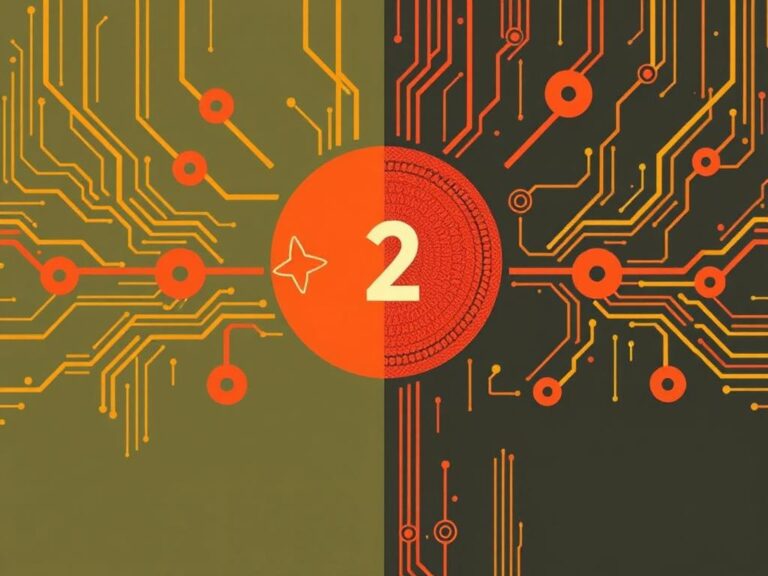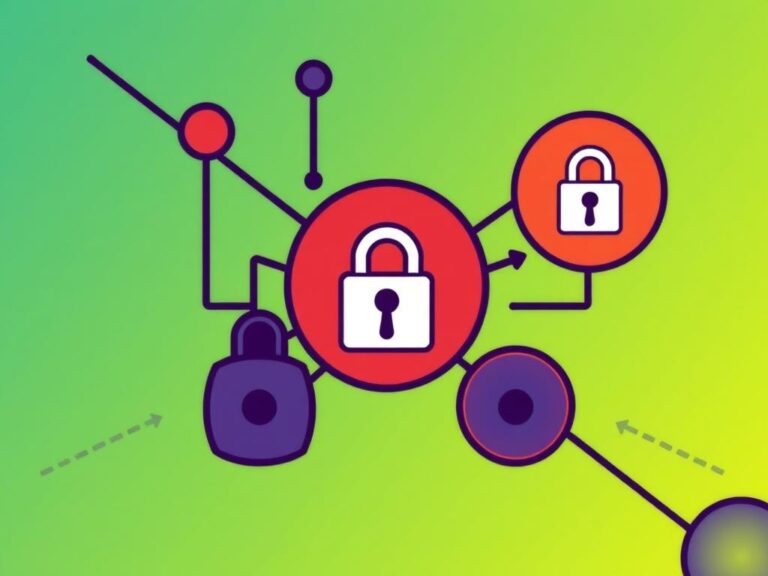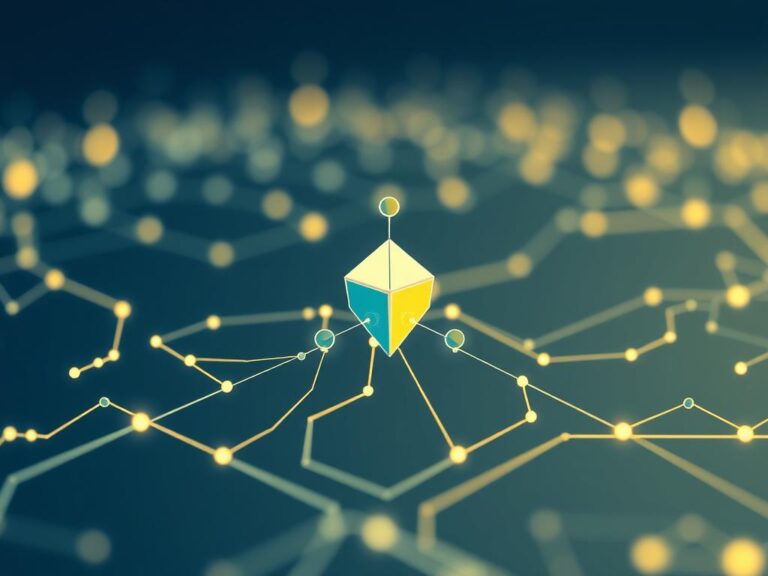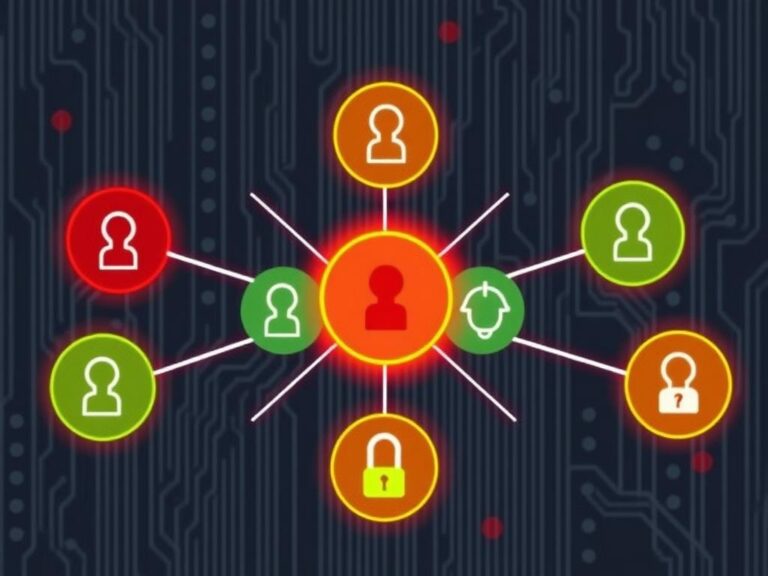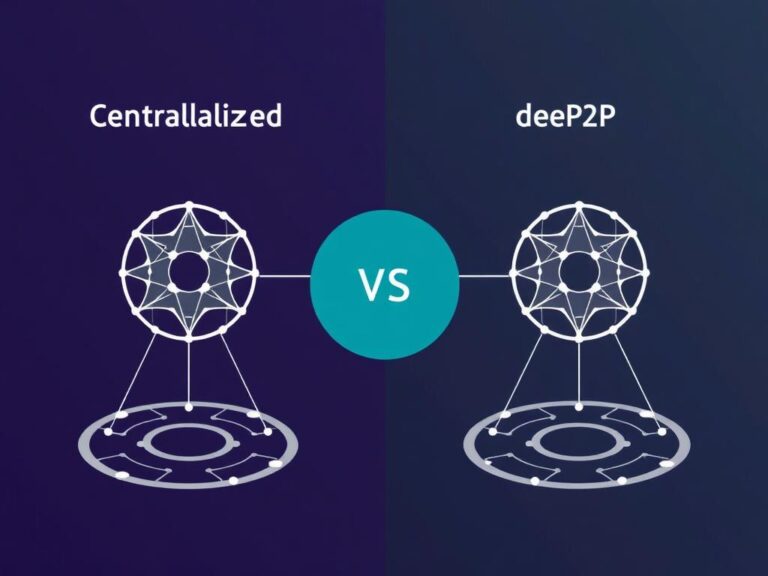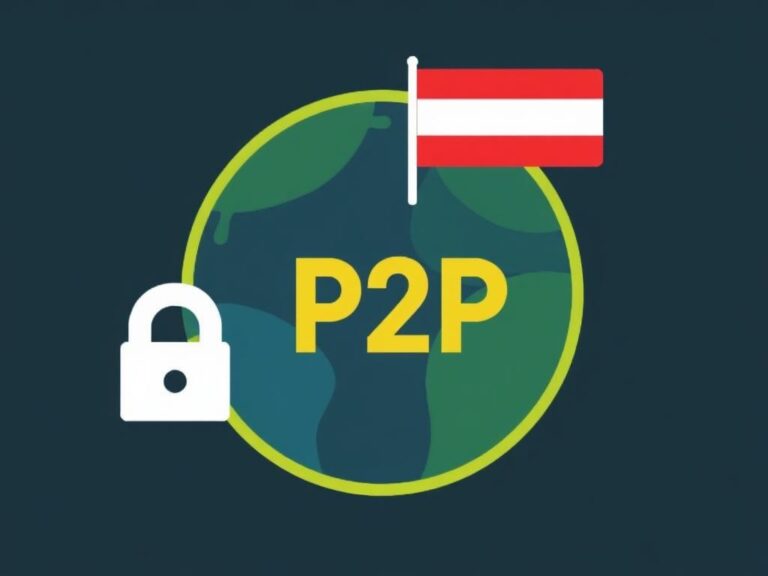The Future of Fun: Exploring Blockchain-Based P2P Gaming Platforms
What Are Blockchain-Based P2P Gaming Platforms?
Blockchain-based P2P (peer-to-peer) gaming platforms represent an exciting evolution in the gaming world, blending decentralized technology with interactive play. Unlike traditional online games that rely on centralized servers, these platforms operate on blockchain networks, allowing players to connect directly with each other. This decentralization ensures transparency, security, and a fair environment, making the gaming experience not just fun but trustworthy. Imagine a world where your in-game achievements, assets, and transactions are securely recorded on a public ledger, immune to hacks or unfair manipulation. That’s the promise of blockchain in gaming.
By leveraging smart contracts—self-executing contracts with the terms directly written into code—P2P gaming platforms enable automated fairness and instant payouts. For example, if two players enter a competitive match with a stake, the smart contract governs the bet and automatically distributes winnings once the match concludes, all without a third-party intermediary. This eliminates delays, reduces costs, and brings a whole new level of efficiency to gaming ecosystems.
Key Features that Make Blockchain-Based P2P Gaming Platforms Stand Out
What truly sets blockchain-based P2P gaming platforms apart are the unique attributes enabled by their underlying technology. Here’s an overview of these compelling features:
- Decentralization: No central authority controls the platform, making censorship or cheating near impossible.
- Transparency: All transactions and game outcomes are recorded on an immutable ledger accessible to players.
- Ownership of In-Game Assets: Players genuinely own digital items like skins or weapons, which can be traded or sold outside the platform.
- Security: Blockchain’s cryptographic principles protect user data and assets from hacking or fraud.
- Instant, Trustless Payments: Through cryptocurrencies and smart contracts, players get immediate payouts without needing trust in a third party.
These features collectively create a gaming environment where users feel empowered and engaged, knowing their time and assets are protected.
How Blockchain Transforms the Gaming Economy
Gaming has always been about more than just entertainment. In recent years, in-game economies have grown massive, involving real money and investments. Blockchain-based P2P gaming platforms revolutionize these economies by democratizing asset ownership and enabling true peer-to-peer exchanges.
Traditional platforms keep the value locked within their ecosystems, often restricting trading or withdrawing assets. Conversely, blockchain games allow players to buy, sell, or trade their in-game items freely as they hold them in the form of NFTs (non-fungible tokens). This ownership transparency means players can monetize their skills and assets like never before.
Let’s look at a simple comparison table to understand these differences better:
| Aspect | Traditional Gaming Platforms | Blockchain-Based P2P Gaming Platforms |
|---|---|---|
| Asset Ownership | Owned by platform; limited trading | Player-owned NFTs; open marketplace |
| Transaction Speed | Depends on platform’s processing | Instant via smart contracts |
| Transparency | Opaque; outcomes controlled by the platform | Public ledger ensures fairness |
| Security | Vulnerable to hacks & fraud | Encrypted & decentralized |
| Third-Party Control | Centralized authority | No intermediaries; true peer-to-peer |
This shift empowers gamers, turning their in-game progress into valuable assets and unlocking new career/decentralized finance possibilities.
Popular Blockchain-Based P2P Gaming Platforms Today
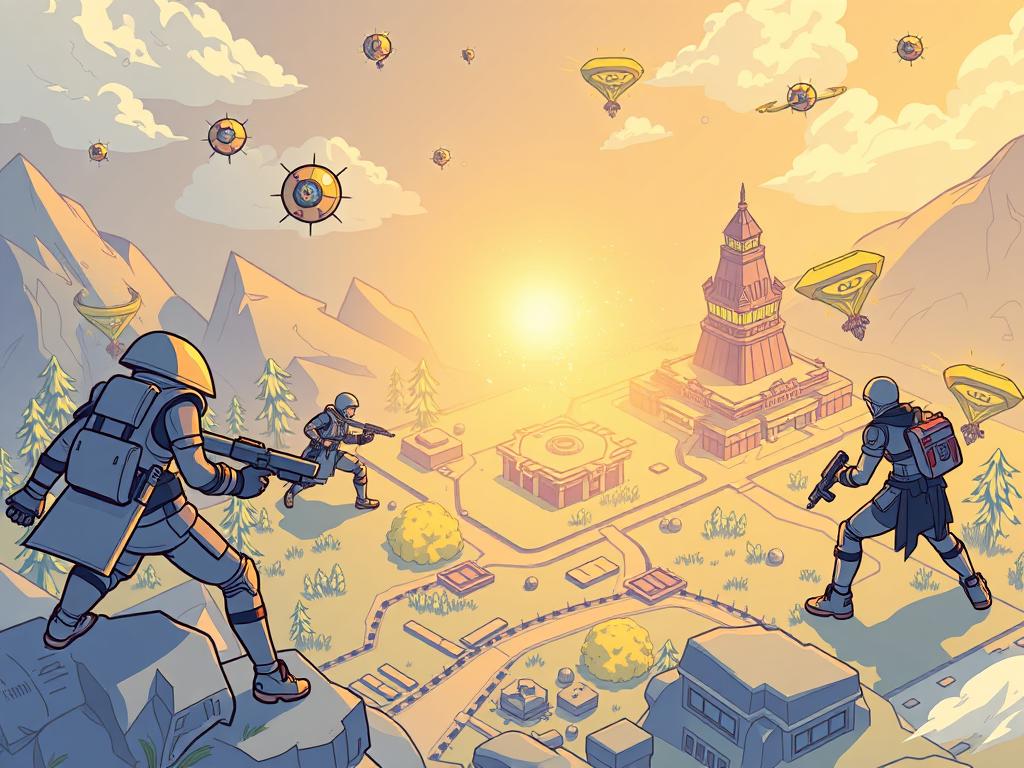
Several platforms are spearheading this innovative niche with impressive traction. Here are some notable examples:
- Axie Infinity: Known for its vibrant economy built around collecting, breeding, and battling fantasy creatures called Axies. Players earn crypto rewards through gameplay and asset sales.
- The Sandbox: A virtual metaverse where users can create, own, and monetize gaming experiences, all using blockchain tokens for trade.
- Decentraland: A decentralized virtual world where players buy land, build, and host games or events, trading assets through blockchain-powered peer networks.
- Gods Unchained: A competitive card game where each card is a blockchain asset, allowing true ownership and player-led marketplaces.
These platforms illustrate how blockchain-based P2P gaming models are expanding across genres, from RPG to strategy and virtual reality. They attract millions of players excited about the promise of ownership and earning potential.
Challenges Facing Blockchain-Based P2P Gaming Platforms
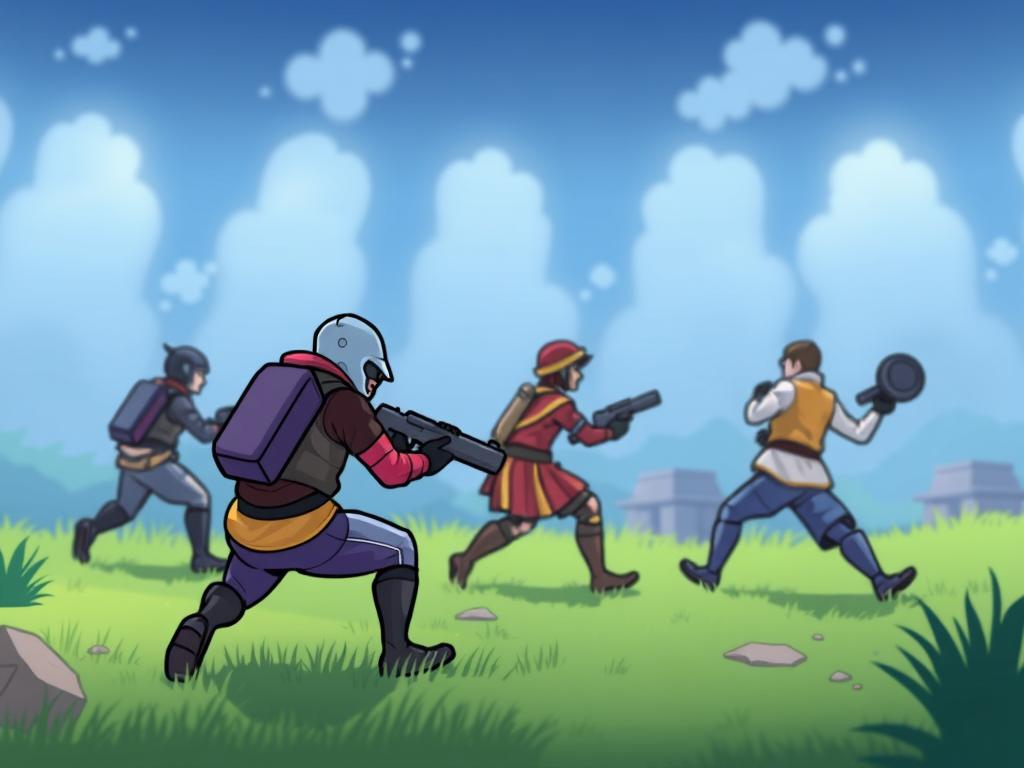
Despite the many benefits, these platforms still have hurdles to overcome. For one, the overall user experience often lacks the polish and ease of traditional games, since blockchain technology can be complex and intimidating for newcomers. Wallet setups, transaction fees, and slower networks (depending on the blockchain) can deter casual players.
Additionally, regulatory uncertainty around cryptocurrencies and digital assets introduces risks. Some jurisdictions might impose restrictions that hamper growth or cause market volatility.
Finally, scalability is a technical challenge. Popular games can experience lag or bottlenecks if the blockchain used cannot handle high transaction volume quickly and cheaply. Ongoing developments like layer 2 solutions are aimed at improving this, but it remains an evolving space.
Why Blockchain-Based P2P Gaming Platforms Are the Future
Despite these obstacles, the future of blockchain-based P2P gaming platforms looks promising. Their core principles—decentralization, genuine ownership, and transparent governance—align perfectly with what modern gamers seek in a fair and engaging ecosystem.
As technology matures, more user-friendly interfaces and better scalability solutions will make these platforms accessible to mainstream audiences. Moreover, the rise of the metaverse concept, where virtual interaction increasingly mimics real life, fits naturally with blockchain-based gaming.
These platforms also open fresh revenue streams for players and developers alike. Microtransactions, in-game assets, and even digital real estate contribute to vibrant economies that go beyond traditional boundaries.
Summary Table: Pros and Cons of Blockchain-Based P2P Gaming Platforms
| Pros | Cons |
|---|---|
| True ownership of assets via NFTs | Complex onboarding and technical barriers |
| Trustless, transparent transactions and gameplay | Transaction fees on some blockchains |
| Eliminates need for central authority | Regulatory uncertainty around crypto |
| New earning opportunities for players | Potential network scalability issues |
Getting Started with Blockchain-Based P2P Gaming
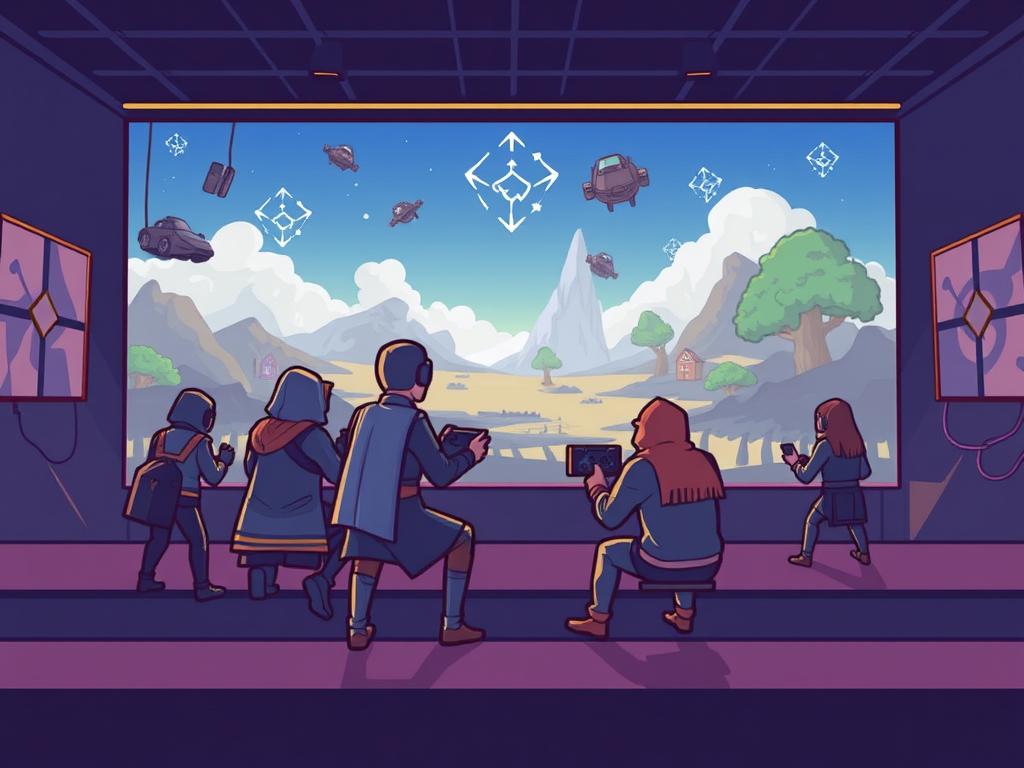
For those intrigued by this innovative gaming frontier, the first step usually involves creating a digital wallet compatible with the platform’s blockchain (like Ethereum or Binance Smart Chain). From there, you can acquire the required native tokens to participate fully in gameplay or asset trading. Many platforms have user-friendly guides to help beginners navigate these steps and get gaming quickly.
Joining communities on social media and forums also helps stay updated on the latest developments and discover niche games within this ecosystem. The key is to embrace the blend of gaming and blockchain, recognizing the increasing value and freedom this marriage offers.
Conclusion
Blockchain-based P2P gaming platforms are fundamentally reshaping how we play, interact, and earn in virtual environments. By harnessing decentralization, transparency, and secure ownership, these platforms provide a fresh and equitable landscape for gamers worldwide. While challenges like accessibility and regulation remain, the ongoing innovations and player enthusiasm signal a bright future. Whether you’re a casual player or a hardcore gamer, diving into this space offers not just fun, but a stake in the growing digital economy, making every game session a step into tomorrow’s gaming revolution.
